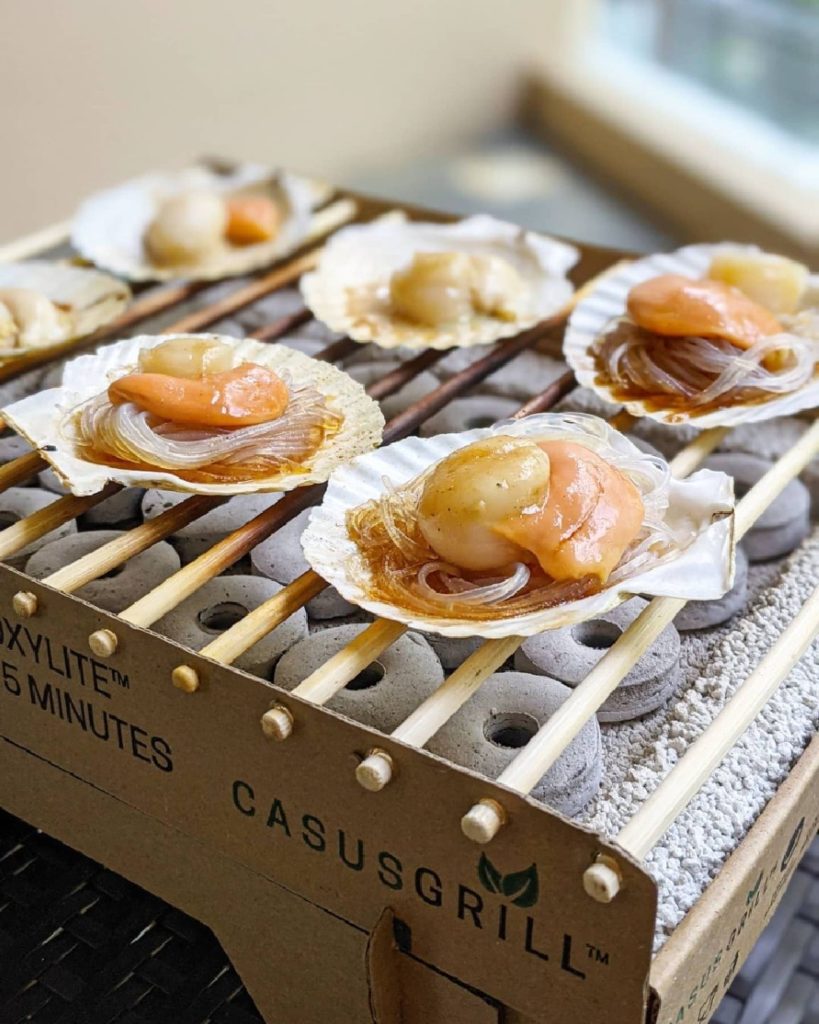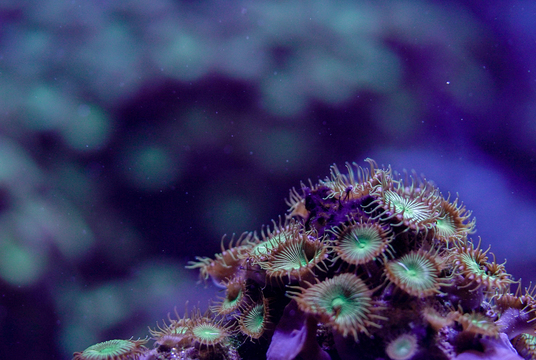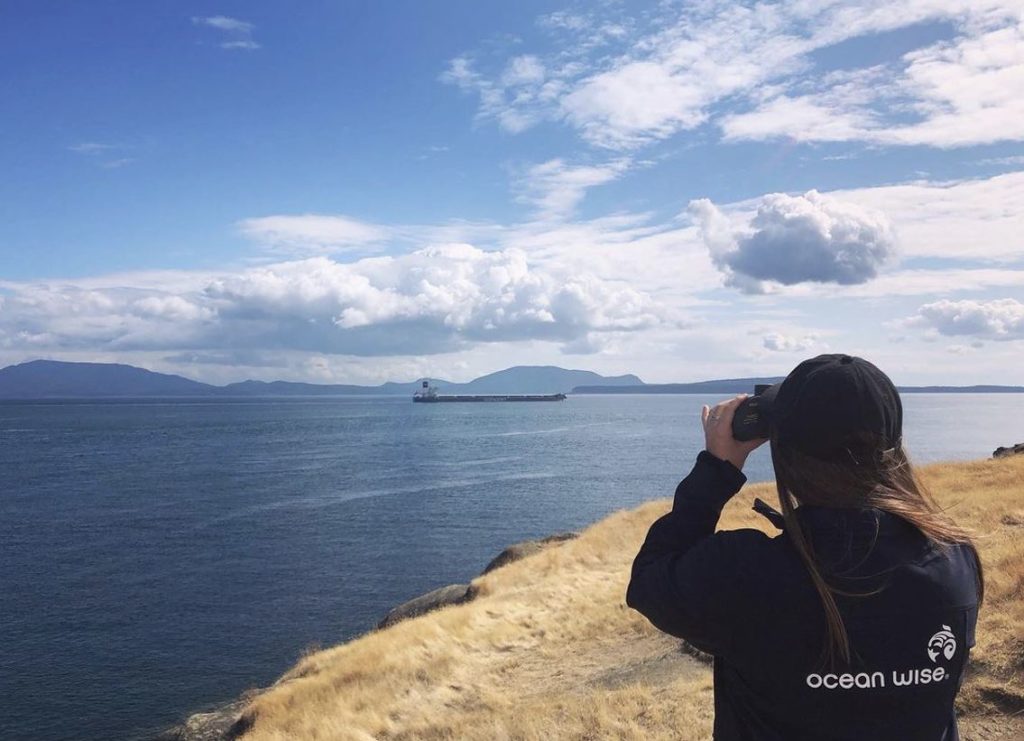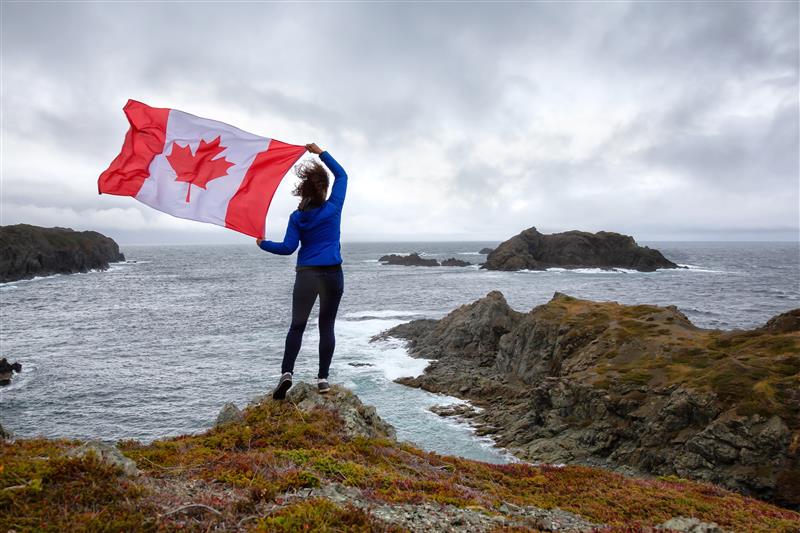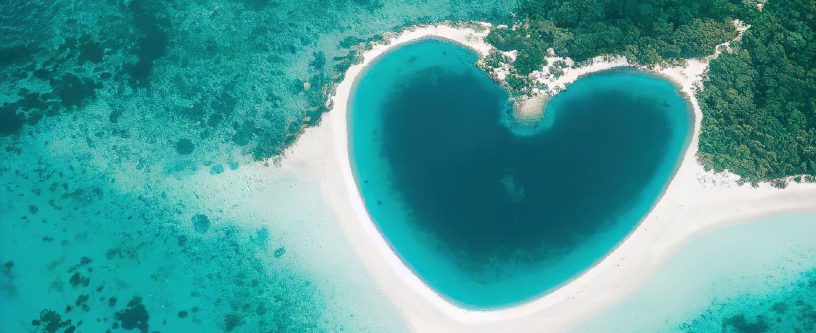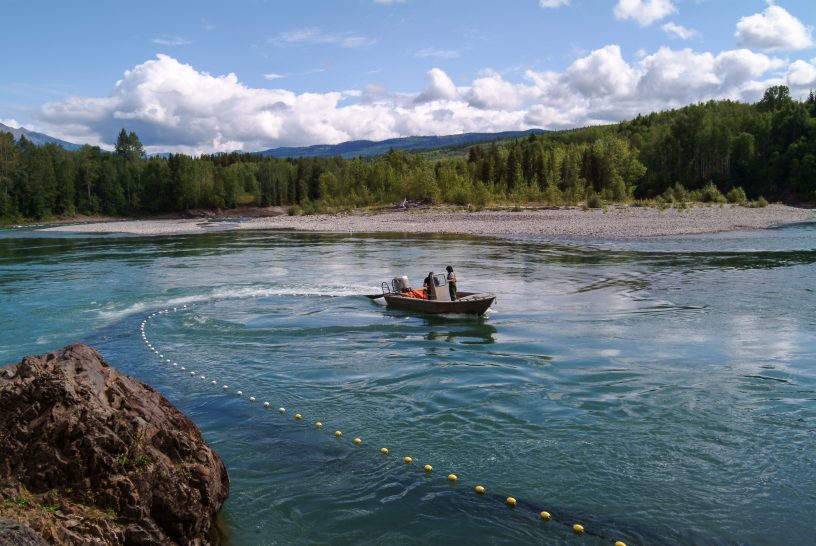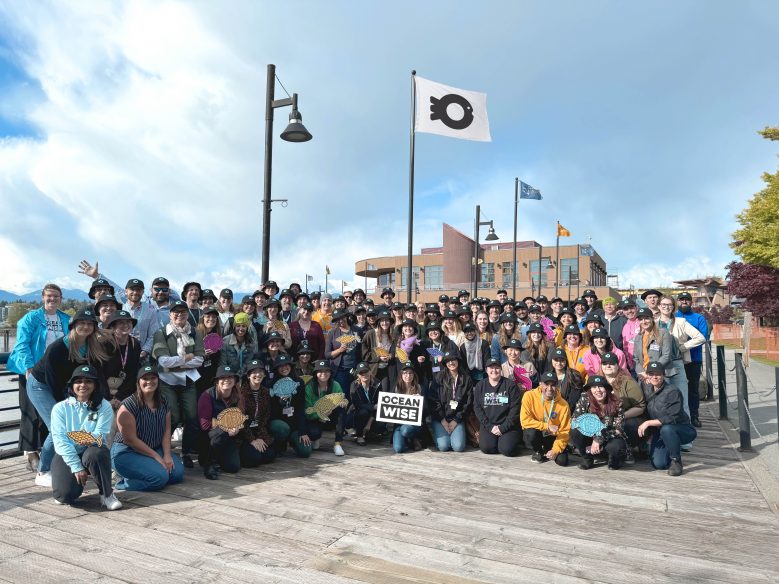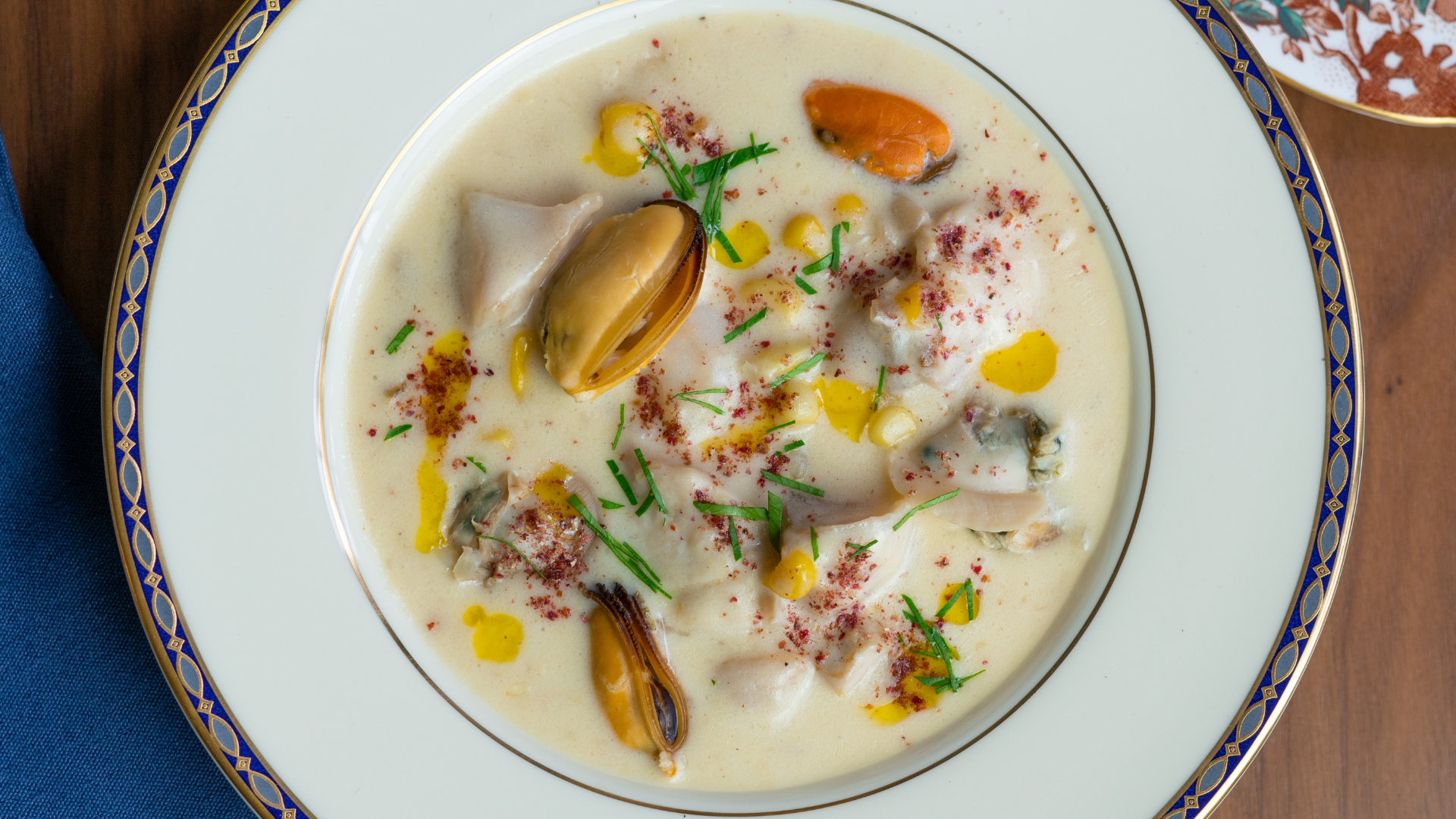
Exploring Sustainable Chowder Ingredients
This February, the Ocean Wise Seafood program is pulling off something completely different when it comes to our annual Chowder Chowdown fundraiser; we have made it a nation-wide, month-long festival so people from across Canada can safely celebrate sustainable seafood from their favourite local restaurants and chefs. A portion of proceeds from every chowder sold is donated to our not-for-profit conservation program.

Check out our National Chowder Chowdown Festival web page for more information or to find a chowder near you! With many locations offering delivery, it has never been easier to participate.
The entire month of February is dedicated to sustainable seafood chowders, so our Science Team is taking the chance to highlight some of the sustainability superstars you are likely to sample in the delectable dishes our partners are serving up.
Firstly, farmed mussels and clams are one of the most common seafood chowder ingredients. Thank goodness for that, because they are also amazing options when it comes to finding low-impact food from the ocean.

Mussels and clams are of the class bivalvia, which are species enclosed in a shell consisting of two parts. The word ‘bivalve’ comes from the Latin bis meaning “two” and “valvae” meaning “leaves of a door” [1].
These animals are sessile, which means they do not move. They grow attached to whatever they can find, and on a seafood farm that tends to be on suspended racks, ropes, or anything with a good hard surface they can latch onto.
Ocean Wise Seafood recommends all farmed mussels and clams worldwide. When farmed, these animals are usually not in contact with the bottom, but rather, suspended from the surface in netted cages, along ropes, in bags or on racks, and they provide us with much more than just a delicious food to eat.

Baby clams and mussels, raised in hatcheries, are put out onto these suspended hard surfaces to grow. Mussels take between 1.5 to 2 years to grow to market size, while clams take a little longer – about 2-4 years depending on the species.
Bivalves are filter feeders which means they pull water into their bodies, filter out tasty particles, and expel clean water. This type of feeding helps keep the water around farms clear of excess nutrients, improving water quality. Bivalves are so effective at keeping water clear that a single adult mussel can filter up to 25 litres of seawater a day [2]. Because these species don’t harm other species and habitats, and help clean the water as they grow, they get the stamp of approval from Ocean Wise Seafood.
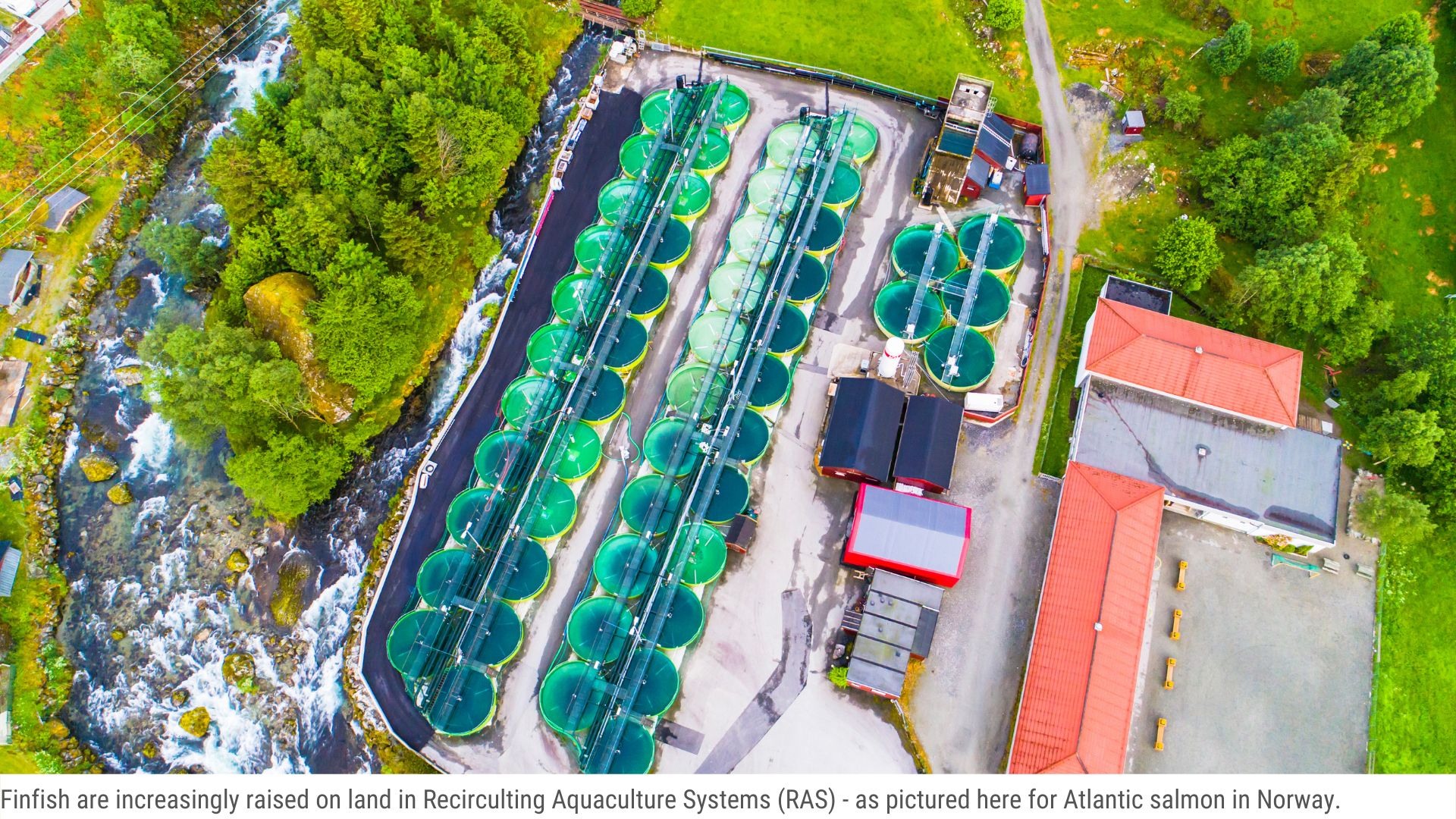
Another common species found in sustainable seafood chowder are finfish (think salmon, trout, tilapia, etc.) farmed indoors, on land in what are known as recirculating aquaculture systems (RAS). These systems work essentially the same as the aquarium you might have in your home now, but on a much larger scale.
Ocean Wise recommends anything farmed in these systems as they avoid impacts to other species and habitats, especially when new RAS farms are sited in repurposed industrialized spaces. This is because the fish are kept enclosed in the system for their growth. This provides allows farmers to keep hazardous waste, pathogens, parasites, excess nutrients and ammonia from entering the environment. This is a relatively new way to commercially farm species, but it is among the fastest growing ways of farming seafood globally, attracting vast investments in new technologies and feed to make it more efficient.
Another product that is featured in many of our chowders across Canada are Aquaculture Stewardship Council (ASC) certified farmed shrimp. Did you know that more than 55% of shrimp consumed globally is farmed rather than caught in the wild [3]? Globally, we have a huge appetite for shrimp, but not all shrimp is created equally in terms of its environmental impact.
Farmed shrimp has a bad reputation for being responsible for the deforestation of mangroves in tropical countries and for leaching harmful chemicals and therapeutants like antibiotics into local habitats. Because of this, it is incredibly important to choose the right kind of shrimp.
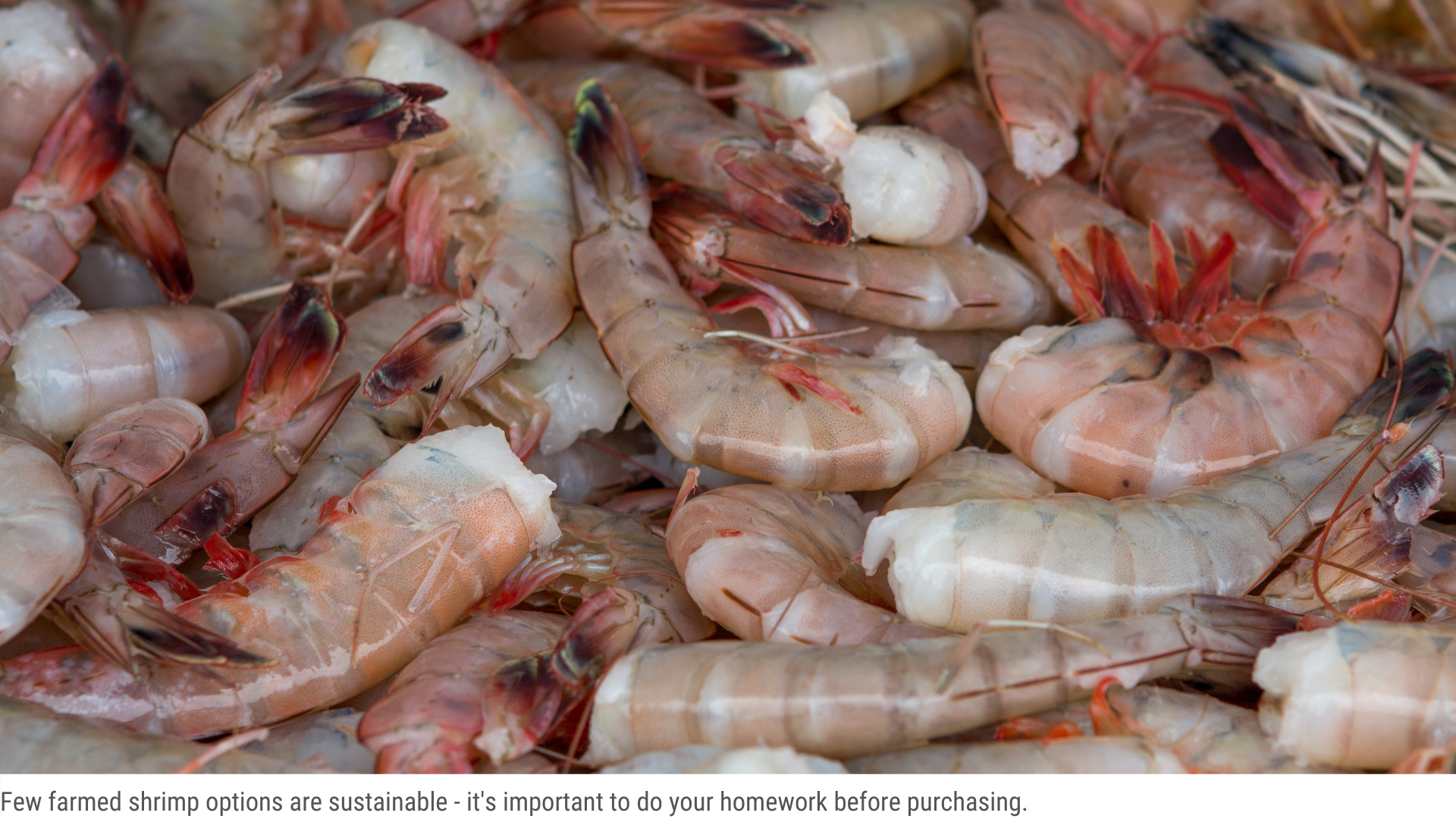
Ocean Wise recommends any shrimp that are ASC certified, as this means they have been farmed to a standard that seeks to mitigate negative impacts to habitats and ecosystems, limits the use of harmful chemicals and bans the use of antibiotics critical for human health.
If you want to know the sustainability rating of any of the other ingredients you may encounter as you taste your way through all the chowders our amazing partners have on offer this month, our seafood search allows you to browse all our recommendations.
Check our event page to find a National Chowder Chowdown Festival participant near you, and don’t forget to share your favourite chowders with by tagging @oceanwiseseafood and #ChowderChowdown2021.

Thank you for continuing to support healthy and flourishing oceans by choosing sustainable seafood!
Aquablog written by the Ocean Wise Seafood Science Team.
Cover photo: Chef Ned Bell’s chowder from the Naramata Inn
References:
- McGraw-Hill Dictionary of Scientific and Technical Terms. (2003). New York: McGraw-Hill.
- Bottollier-Depois, A. (2019, August 18). Mussels, “super-filters” that can help beat water pollution. Phys Org. https://phys.org/news/2019-08-mussels-super-filters-pollution.html
- World Wildlife Fund. (2020). Farmed Shrimp | Industries | WWF. World Wildlife Fund Farmed Shrimp. https://www.worldwildlife.org/industries/farmed-shrimp#:%7E:text=Farmed%20shrimp%20accounts%20for%2055,income%20in%20these%20developing%20countries
Posted February 10, 2021 by Ocean Wise

